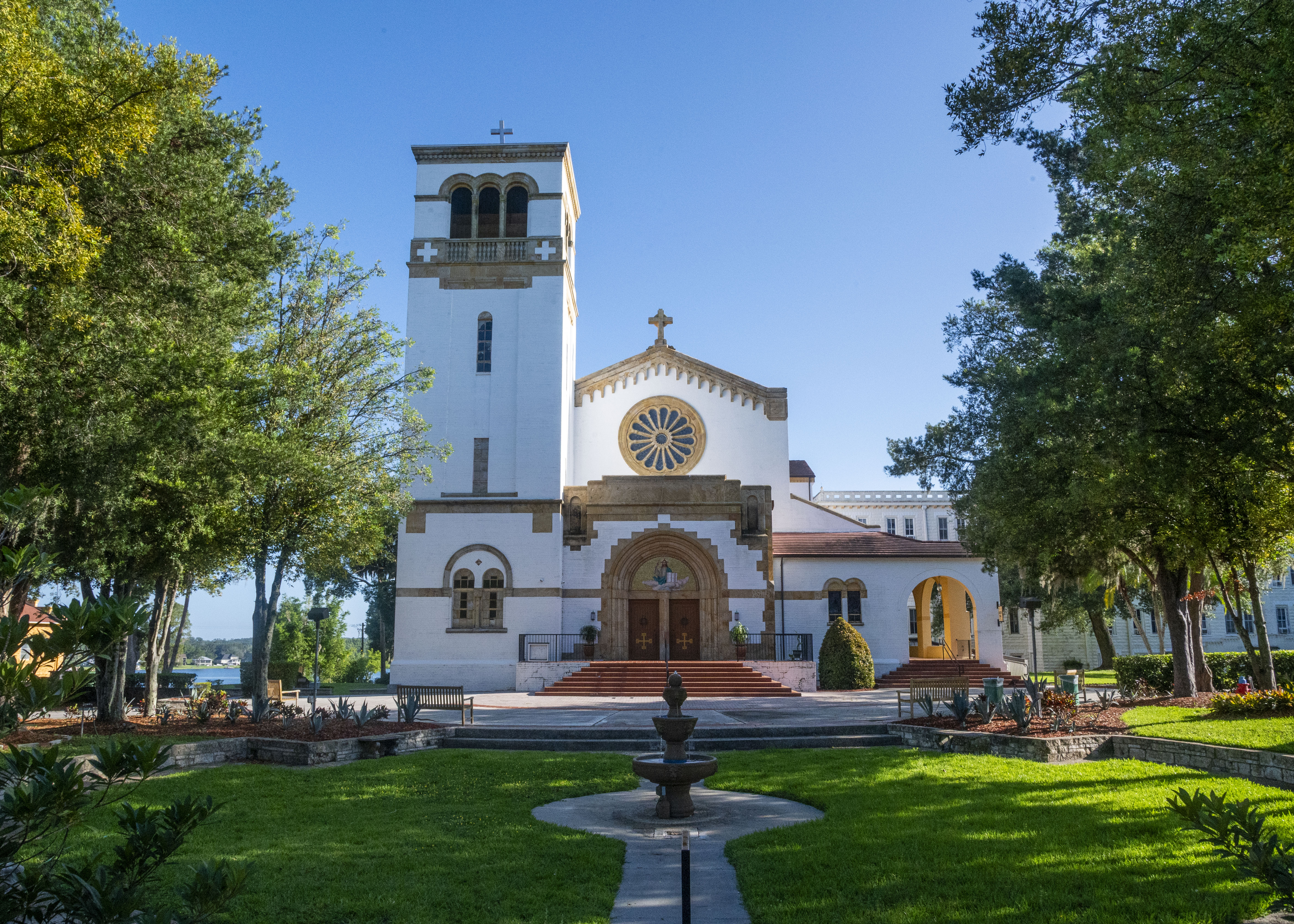United Faculty of Saint Leo v. NLRB and Saint Leo University
Scoreboard
Case Snapshot
Founded by Benedictine monks in 1889, Saint Leo University has long offered a Catholic education rooted in faith, community, and service. In 2020, Saint Leo adopted a new model of shared governance with its faculty members to foster a stronger sense of unity and strengthen its Catholic identity. In response, a faculty union filed charges with the National Labor Relations Board, asking the Board to take control over how the university interacts with its faculty—even though courts, including the Supreme Court, have long said the government does not have authority over the relationship between religious schools and their teachers.
Status
Share this Case

Case Summary
A university grounded in faith
Saint Leo University is the oldest Catholic university in Florida. For over a century, it has provided students with a high-quality education rooted in the 1,500-year-old Benedictine tradition. Its religious identity is evident in all aspects of campus life: students take required religion courses, attend Mass, and participate in ministry programs and service projects. Crucifixes hang in each classroom, and a Benedictine monastery stands at the heart of campus. Faculty are expected to support the university’s religious mission, even if they are not Catholic themselves.
Saint Leo forced into court
For decades, Saint Leo worked with a faculty union to negotiate over pay, benefits, and workplace policies. But in 2020, the university ended its formal relationship with the union to work directly with its faculty members. Saint Leo’s leadership believed this shift would foster greater unity, strengthen its campus culture, and better reflect its Catholic identity. The new governance model gave the faculty more say in how the school runs; they helped revise the handbook, and the new faculty senate took part in decisions on academic standards, working conditions, compensation, and strategic planning.
In response, the old faculty union filed charges with the National Labor Relations Board, claiming the university had broken federal labor rules. Saint Leo responded by explaining that the Board had no authority to intervene in the relationship between a religious school and its faculty. That principle was first set out by the Supreme Court in NLRB v. Catholic Bishop, then fleshed out by other federal courts, and finally adopted by the Board, which said that schools like Saint Leo—religiously affiliated, nonprofit, and publicly committed to their faith—are beyond the Board’s control.
Saint Leo has the right to shepherd its own campus
In 2023, the Board ruled in Saint Leo’s favor, confirming that the Board has no authority over the school. But the union appealed, asking a federal court to undo that decision and give the Board control over how Saint Leo operates.
On May 13, 2025, Becket filed a brief in the U.S. Court of Appeals for the Eleventh Circuit on behalf of Saint Leo, explaining that forcing Saint Leo to negotiate through a union would interfere with how the university makes decisions rooted in its Catholic mission—like how it teaches, hires, and runs campus life. Allowing a government agency this kind of power over a religious school would set a dangerous precedent, inviting more government control over faith-based education nationwide. One month after Becket filed its brief defending Saint Leo, the union, apparently fearing a loss in the Eleventh Circuit, abandoned its appeal, ending the case in Saint Leo’s favor.
Importance to Religious Liberty:
- Religious Communities: Churches and religious organizations have a right to live, teach, and govern in accordance with the tenets of their faith. When the government unjustly interferes in internal church affairs, the separation of church and state is threatened. The First Amendment ensures a church’s right to self-definition and free association.